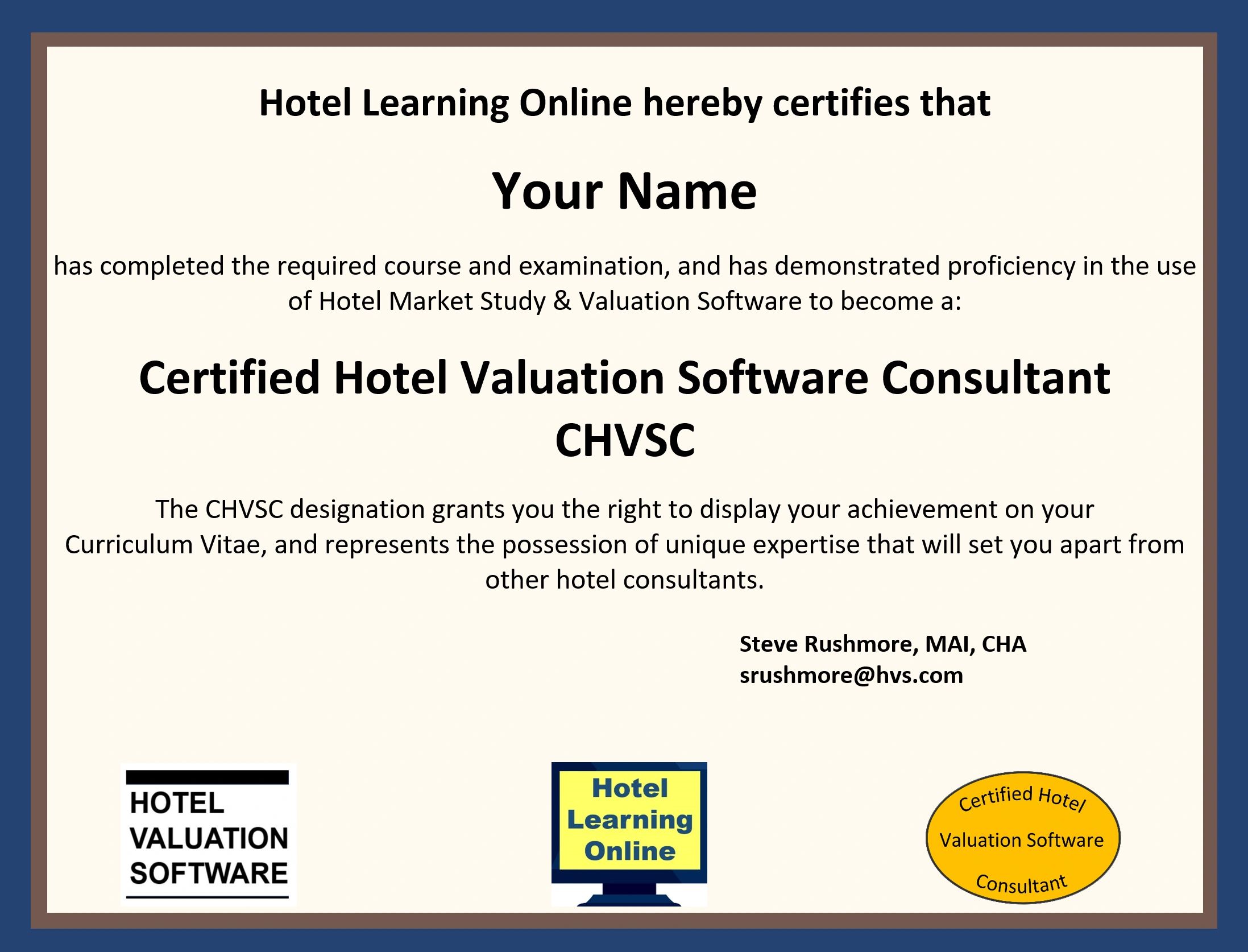
Consulting involves working closely with clients to identify the problems and create solutions. You will need to be able to identify the root causes of problems and establish trusting relationships. You will need to be flexible, work long hours and manage stress. If you have the required qualifications you can consider a career consulting.
For a job with a consulting firm, qualifications are required
The qualifications required for a job in consultancy vary depending on the firm. Some require a postgraduate degree in business or a related subject, while others do not. Although MBA and Ph.D. graduates are highly sought after by some companies, it is not required. Some companies will consider applicants with relevant work experience. You should also think about applying for large-firm training programs.
Consultants should have great interpersonal and communication skills. Consultants should be flexible and ready for new challenges. They should also be able and willing to collaborate with clients and other stakeholders. Their primary responsibility is to facilitate and maintain productive conversations. They must be able think in a systematic way and be able understand and address the client's concerns.

Flexibility
Consulting jobs that are flexible are becoming more common. Clients are becoming more open to flexible work in their own organizations, which is driving this trend. According to Jon Williams, a co-founder of boutique consultancy Fifth Frame and former senior partner at PwC, "flexible working is becoming the norm for clients." It isn't a new phenomenon, but it is growing in popularity. Flex jobs have become a more viable business model in recent years.
You can set your own hours working in a consulting firm. You may not have to work regular hours but you will need to meet deadlines for your clients. While you can work remotely, you must still meet deadlines.
Long hours
A consultancy job can be very exhausting. Consultants work long hours and often on weekends. This often leaves little time for lunch breaks. Even their evening breaks can be limited to an hour to travel or eat dinner. Some studies have confirmed that consultants often work more than their contracted hours.
There are different regions that have different workweeks. For example, consultants from Singapore, Dubai, and Southern Europe are expected to work longer hours then their counterparts in America. In Italy, consultants are expected to work 9am to 11pm on weekdays and 9am to 8pm on Fridays. This means that 70% to 80% of weekends are spent at work. You can also consider the type of project that you are working on. For example, shorter projects and proposals last minute will usually require longer hours.

Stress
Consulting is stressful. Although consultants often receive high salaries, it can sometimes seem as though they don't get the compensation they deserve. This can be due to uncertainty and fear of future changes, as well the fear of losing jobs. While consulting was once a respected profession, it has experienced a decline in its popularity. Many consultants are complaining about the same issues as their clients. The changing business environment has had a significant impact on how consultants do their work. Digitalisation has made information easier to find and companies are more organized.
Some consultants get so caught up in their work that they can't switch off. This could lead to anxiety or depression, which can affect motivation and productivity. Consultants spend a lot of time at work, and have little time for family or friends. They are so focused on their work that they end up accustoming themselves to being on call round the clock.
FAQ
How did modern consultancy come about?
The first consultants were accountants who helped companies manage their finances. Because they were skilled in managing financial information, they became "accounting consulting". However, this role soon expanded into other areas, such as human resources management.
The term "consultant" came from the French word for "to advise." It was used by businessmen to describe someone who could offer advice on how to run an organization. Many business owners use the term "consultant" to describe any professional advisor.
What qualifications are necessary to become a consultant
It's not enough just to have an MBA degree; you must also demonstrate experience working as a business consultant. You should have at least two years of experience in consulting and/or training for a major company.
It is essential that you have experience working closely with senior management on strategic development projects. This would require you to be comfortable with presenting ideas and getting buy in from clients.
You'll also need to pass a professional qualification exam such as the Chartered Management Institute's Certified Management Consultant (CMC) certification.
What is a consultant and what are their responsibilities?
A consultant is someone who offers services to others. It's not just a job title; it's a role where you help others achieve what they want from life. You do this by helping them understand their options and helping them make the right choices.
Consultants are skilled at solving problems and overcoming challenges that can arise during projects. They also provide advice and guidance on how to implement those solutions.
A consultant should be able to answer questions about anything related to business, technology, finance, law, management, leadership, strategy, operations, customer service, human resources, etc.
Is it possible that a consultant business can be started from home?
Absolutely! This is something that many consultants do already.
Many freelancers work remotely via tools such as Skype, Trello and Basecamp. So they don't miss company perks, freelancers often make their own office space.
Freelancers might prefer to work in libraries or cafés, rather than traditional offices.
Others choose to work at home because they love being with their children.
While working remotely has its advantages, it also comes with some disadvantages. But if you love your job, it's definitely worth considering.
What industries use consultants
There are many different types of consultants. Many consultants specialize in a particular type of business. Others may be more focused on multiple types.
Some consultants work only for private companies, while others represent large corporations.
Some consultants also work internationally and can help companies around the globe.
How do I become successful as a consultant?
The first step is to find an area you are passionate about. Then you have to build relationships. Knowing what your clients want and how they work is key. The final step is to provide results.
While you don't need to be the best at all things, it is important to be better than others. You need passion for what your do. It doesn't suffice just to say "I'm going be a Consultant." It's important to believe in your abilities and do what you love.
Statistics
- Over 50% of consultants get their first consulting client through a referral from their network. (consultingsuccess.com)
- Over 62% of consultants were dissatisfied with their former jobs before starting their consulting business. (consultingsuccess.com)
- WHY choose me: Why your ideal client should choose you (ex: 10 years of experience and 6-week program has helped over 20 clients boost their sales by an average of 33% in 6 months). (consultingsuccess.com)
- According to statistics from the ONS, the UK has around 300,000 consultants, of which around 63,000 professionals work as management consultants. (consultancy.uk)
- So, if you help your clients increase their sales by 33%, then use a word like “revolution” instead of “increase.” (consultingsuccess.com)
External Links
How To
What is a typical day for a consultant?
Each type of work will dictate the day's pace. You will be spending time researching, planning new ideas, meeting with clients, and creating reports.
Meetings are a common way to discuss problems and issues with clients. These meetings may be over the phone via email, on-line, or face-to–face.
The proposal is a document that outlines your ideas and plans to clients. You'll need to discuss your proposals with a mentor, colleague, or friend before you present them.
After all the preparation and planning, it's time to actually create some content. Writing articles, designing websites, editing photos or conducting interviews are just some of the options.
Based on the scope and complexity of the project you may need research to obtain relevant statistics. It may be necessary to know how many customers are currently using your products or services.
Once you have collected enough information, it's now time to present the findings to your clients. You may give your findings orally or in written form.
You must also follow up with clients following the initial consultation. For example, you could call your clients periodically to check how things are going. Or send them emails asking them to confirm they have received the proposal.
This is a long process that can take some time. However, it is crucial to stay focused and to maintain good relationships.